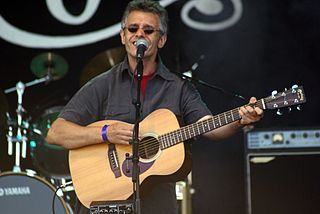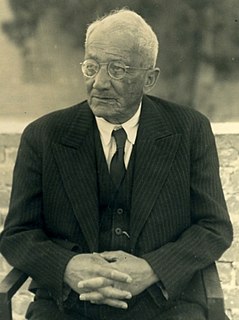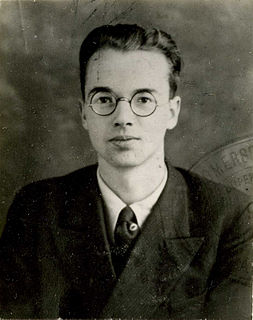A Quote by Francis Crick
Since I essentially knew nothing, I had an almost completely free choice.
Quote Topics
Related Quotes
I'm not going to try and change you mind." "If you're here, you accept it's my choice. This is the first thing I've been in control of since the accident." "I know." And there it was. He knew it, and I knew it. There was nothing left for me to do. Do you know how hard it is to say nothing ? When every atom of you strains to do the opposite? I just tried to be, tried to absorb the man I loved through osmosis, tried to imprint what I had left of him on myself. I did not speak.
I decided early in graduate school that I needed to do something about my moods. It quickly came down to a choice between seeing a psychiatrist or buying a horse. Since almost everyone I knew was seeing a psychiatrist, and since I had an absolute belief that I should be able to handle my own problems, I naturally bought a horse.
When I received the invitation to "check out" Fairport I knew absolutely nothing about them, all I knew was that they were beginning to establish themselves as an underground favorite, by playing regularly at the UFO club in Covent Garden. But the crowd I was running with at the time were listening to a completely different genre of music. So I had nothing to go on, there was nothing on vinyl, Fairport's recording days were still ahead of them.
The State, completely in its genesis, essentially and almost completely during the first stages of its existence, is a social institution, forced by a victorious group of men on a defeated group, with the sole purpose of regulating the dominion of the victorious group over the vanquished, and securing itself against revolt from within and attacks from abroad. Teleologically, this dominion had no other purpose than the economic exploitation of the vanquished by the victors.
When the psychiatrist approves of a person's actions, he judges that person to have acted with "free choice"; when he disapproves,he judges him to have acted without "free choice." It is small wonder that people find "free choice" a confusing idea: "free choice" appears to refer to what the person being judged (often called the "patient") does, whereas it is actually what the person making the judgment (often a psychiatrist or other mental health worker) thinks.
He knew who I was, at that time, because I had a reputation as a writer. I knew he was part of the Bush dynasty. But he was nothing, he offered nothing, and he promised nothing. He had no humor. He was insignificant in every way and consequently I didn't pay much attention to him. But when he passed out in my bathtub, then I noticed him. I'd been in another room, talking to the bright people. I had to have him taken away.
I think of myself as a jazz player, and my music as a natural extension of the jazz tradition. What I'm doing is completely free improvisation ('composing in real time') with nothing predetermined. I've had a lot of experience playing many different kinds of music and several different instruments, and since I tend not to waste anything, it all shows up somewhere in the music I'm playing now.





































